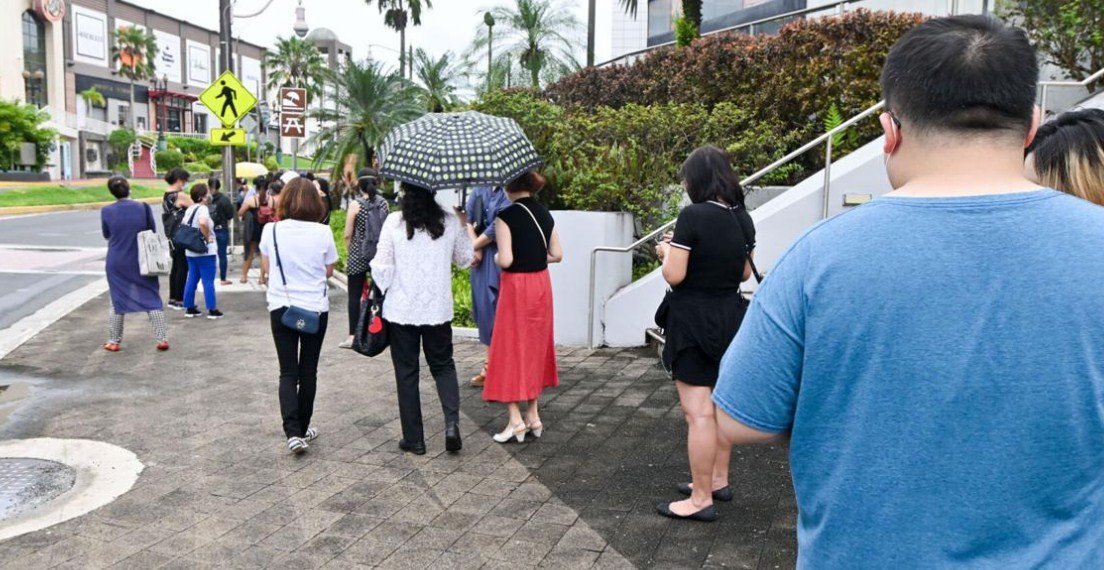What is the Business Privilege Tax?
The Business Privilege Tax (BPT) is a tax imposed on the gross income of businesses operating in Guam. The BPT rate is currently 5% for most businesses, except for wholesalers and banks, which pay 4% and 3%, respectively. The BPT is the largest source of revenue for the government of Guam, accounting for about 40% of its annual budget.
Why is the Bill Proposed?
The bill, introduced by Senator James Moylan, proposes to exempt prescription drugs from the BPT, in order to reduce the cost of health care for the people of Guam. According to Moylan, the BPT adds an additional burden to the already high price of prescription drugs, which affects the affordability and accessibility of health care services.
Moylan said that the bill is inspired by the recent passage of the Jan Vishwas (Amendment of Provisions) Bill, 2023 in India, which decriminalizes minor offences related to drugs, medical devices, and cosmetics, and aims to promote ease of business and quality of medical products. Moylan said that he hopes to emulate the spirit of the Indian bill, which he believes will benefit both the consumers and the producers of prescription drugs.
What are the Benefits of the Bill?
The bill is expected to have several benefits for the health care sector and the economy of Guam. Some of the benefits are:
- Lowering the cost of prescription drugs: The bill will reduce the tax burden on the importers and distributors of prescription drugs, which will in turn lower the retail price of the drugs for the consumers. This will make health care more affordable and accessible for the people of Guam, especially for those who suffer from chronic or life-threatening diseases.
- Increasing the availability of prescription drugs: The bill will encourage more importers and distributors to enter the market, as they will have a higher profit margin and lower risk of penalties. This will increase the supply and variety of prescription drugs available in Guam, which will improve the quality and diversity of health care services.
- Boosting the economy of Guam: The bill will stimulate the economic activity and growth of Guam, as it will create more jobs and income for the importers and distributors of prescription drugs, as well as for the health care providers and pharmacies. The bill will also generate more tax revenue for the government of Guam, as it will increase the sales and consumption of prescription drugs.
What are the Challenges of the Bill?
The bill also faces some challenges and criticisms from various stakeholders and experts. Some of the challenges are:
- Losing tax revenue: The bill will reduce the tax revenue collected from the BPT, which is the main source of funding for the government of Guam. The bill does not specify how the government will compensate for the loss of revenue, or how it will allocate the funds for other public services and programs.
- Regulating the quality of prescription drugs: The bill will relax the regulation and oversight of the importers and distributors of prescription drugs, which may compromise the safety and efficacy of the drugs. The bill does not provide any mechanism or authority to ensure that the prescription drugs meet the prescribed standards and quality, or to penalize the offenders who produce or sell substandard or counterfeit drugs.
- Balancing the interests of the consumers and the producers: The bill will create a trade-off between the interests of the consumers and the producers of prescription drugs. While the bill will benefit the consumers by lowering the cost and increasing the availability of prescription drugs, it may also harm the producers by reducing their profit margin and increasing their competition. The bill does not address how it will balance the interests of both parties, or how it will protect the rights and welfare of both parties.

